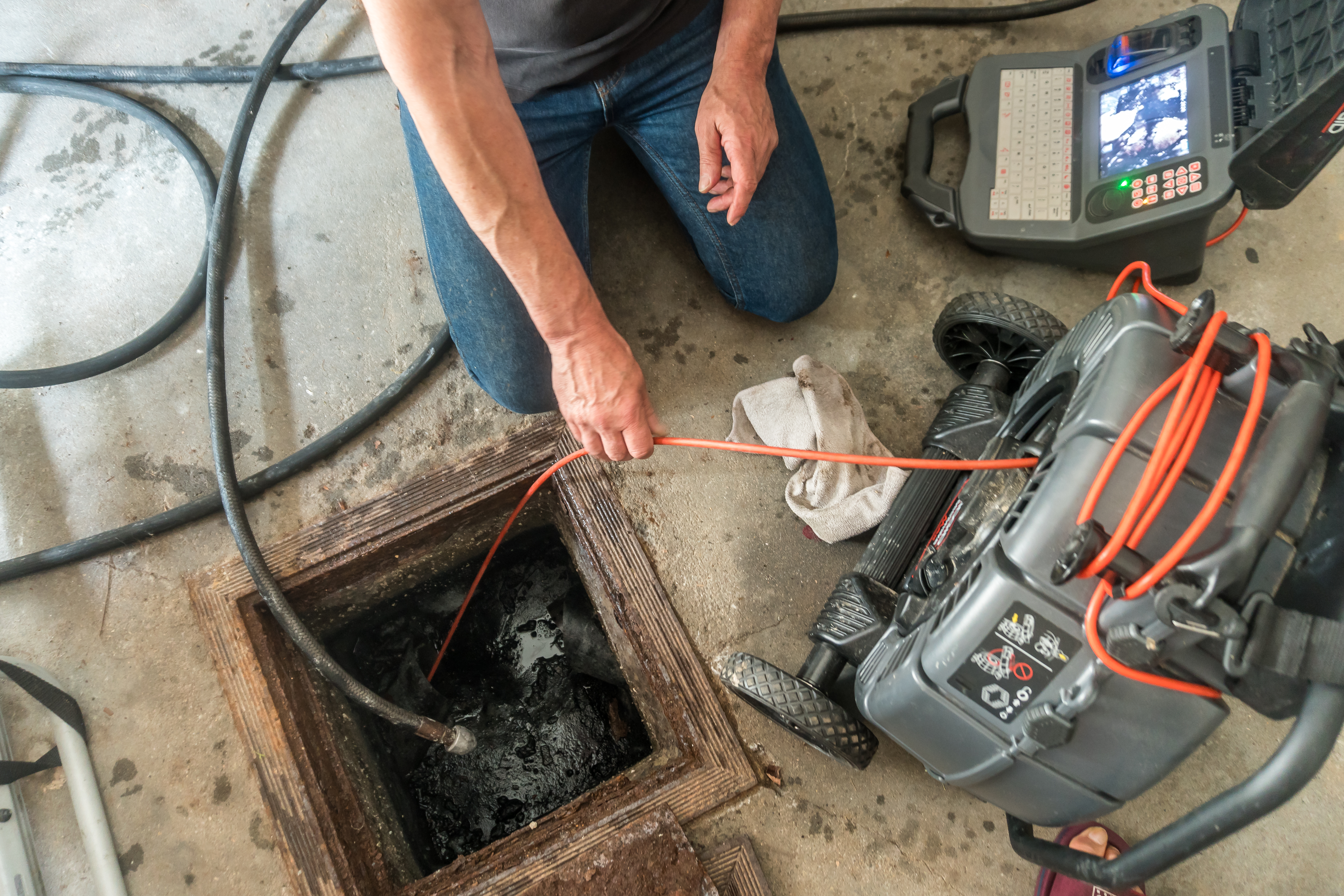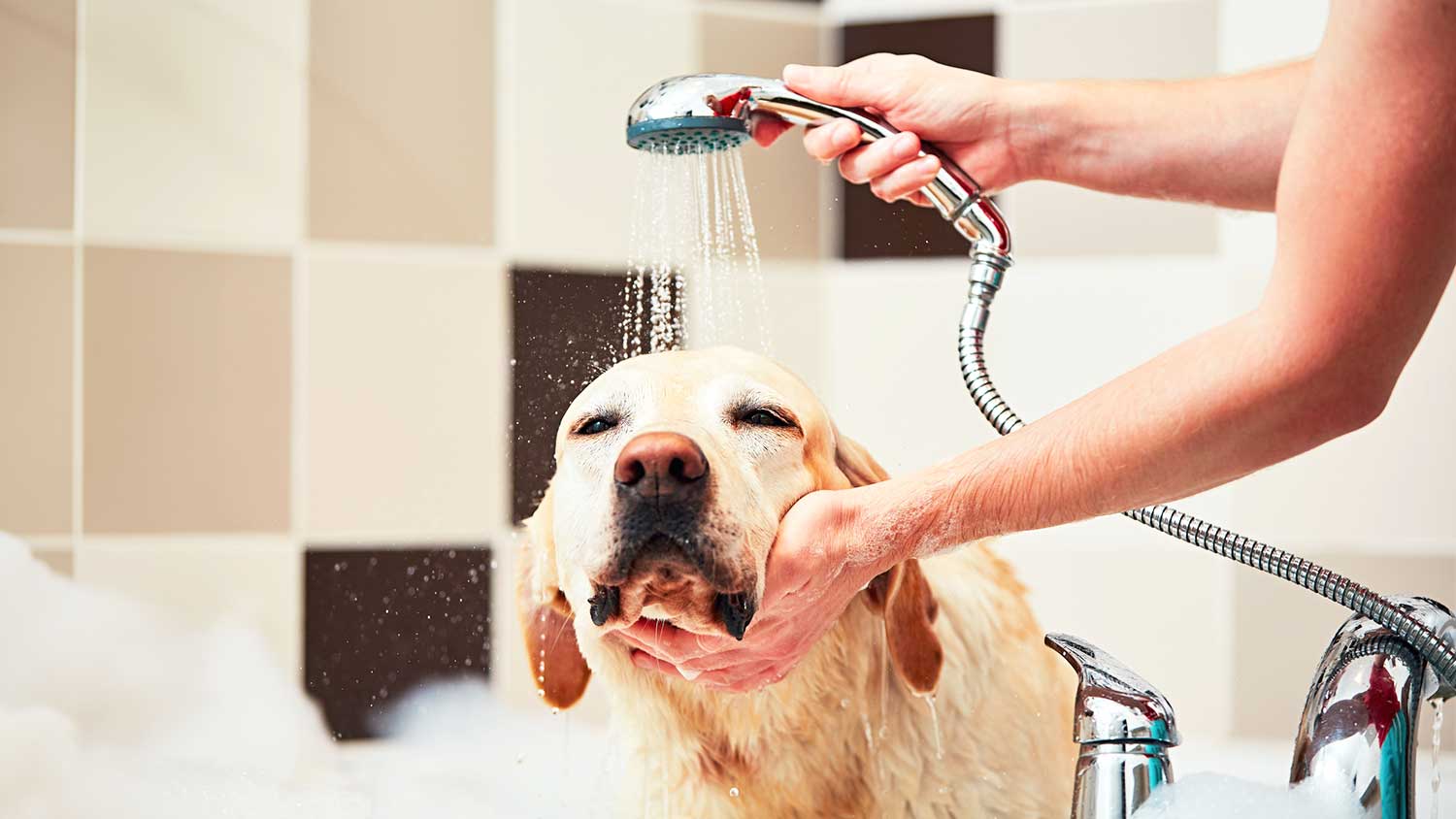
The cost to cap a gas line is relatively low, as plumbers can handle the job in roughly an hour. We break down cost factors and DIY considerations.
One holiday you don’t want to celebrate


Brown Friday, a term coined by plumbers, is the day after Thanksgiving.
Plumbers consider Brown Friday their busiest day of the year, thanks to food clogs from the holiday feast.
Manage your food prep and clean up carefully to prevent any clogs or disposal issues.
You’ve likely heard of Black Friday—the day after Thanksgiving, when holiday shoppers line up in the early morning hours in search of the best deals—but this day has another name and meaning to plumbers. Brown Friday, as it is known to plumbers, is considered the busiest day of the year for plumbing repairs, thanks to a variety of mishaps after the big feast the night before. If you don’t want to be another housecall on your local plumber’s list, follow these Thanksgiving plumbing tips to ensure your kitchen appliances stay in working order after you finish that last bite of pie.

Some foods can cause bigger problems than others on Brown Friday (and all other days). Pay attention to your prep and clean-up when working with these dishes to prevent any plumbing mishaps.
Hopefully, everyone in the home is aware that it’s a big no-no to put turkey skin and bones down the drain, as they can cause blockages. What might not be as obvious, though, is that grease from the bird can re-solidify into fats that coat your drain and lead to clogs.
Mashed potatoes often require significant peeling, and some people make the mistake of peeling their potatoes over the sink. Doing this can clog the garbage disposal and lead to sink clogs—the carbohydrate-rich, starchy makeup of potato skins causes them to clump when ground up.
Similar to potatoes, rice and pasta's starchiness can gum up drain pipes. Over time, the foods can collect water and create a carby glue.

Whether you like to spend the day after Thanksgiving shopping, sleeping in, or playing board games with family, it’s unlikely that you want to add a call to the plumber to the activity list. To prevent any plumbing issues on Brown Friday—or any other day for that matter—follow these tips.
1. Never pour fats, grease, or other oils down the drain. Instead, dispose of grease into a container (like an old coffee can), wait for it to solidify, then toss it into the trash.
2. Clean plates into the garbage before putting them in the sink to prevent food build-up.
3. Compost fruit and vegetable peels instead of letting them fall into the garbage disposal.
4. Wipe greasy pans before washing them to prevent any grease from getting into the drain.
5. Whenever you do run the disposal, make sure that the water is running to help the blades macerate the scraps.
It’s also important to remember that plumbing problems aren’t isolated to the kitchen. If you are having guests stay over for the holidays, you’ll want to keep your bathrooms in good working order as well. Remember to:
1. Avoid flushing non-dissolvable products into the toilet, such as feminine products and wipes.
2. Use a mesh strainer in your shower to catch hair and clean it regularly.
3. Make sure guests have access to a trash can in every bathroom so they don’t dispose of their waste in the toilet.
Ultimately, one of the best ways to prevent a plumbing emergency is to have your pipes inspected every year by a plumber near you. You should also address any issues with your plumbing or pipes as soon as they arise—plumbing issues can grow from small to large very quickly and can lead to water damage.
From average costs to expert advice, get all the answers you need to get your job done.

The cost to cap a gas line is relatively low, as plumbers can handle the job in roughly an hour. We break down cost factors and DIY considerations.

This guide to toilet installation cost covers what you can expect to pay when adding a new toilet to an existing or new bathroom.

How much does hydro jetting cost? Learn hydro jet drain cleaning prices based on factors like the extent of the clog, accessibility, and more.

If you're concerned about the water quality at your home, it may be time to install a water purification system. Different types of water purification can offer different benefits for removing debris, particles, dirt, bacteria, and viruses from your water.

Understand Title 5 inspection costs, including average prices, key cost factors, and tips to save money on your septic system inspection.

Shower diverters will wear down over time and eventually need repairs. This guide will show you how to fix a shower diverter and get your shower working again.